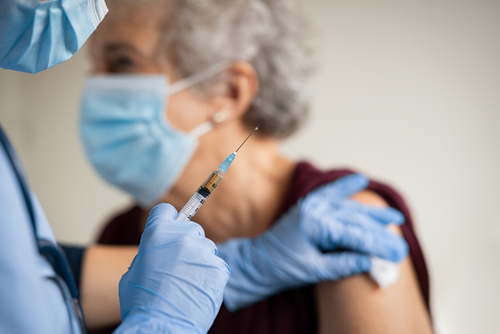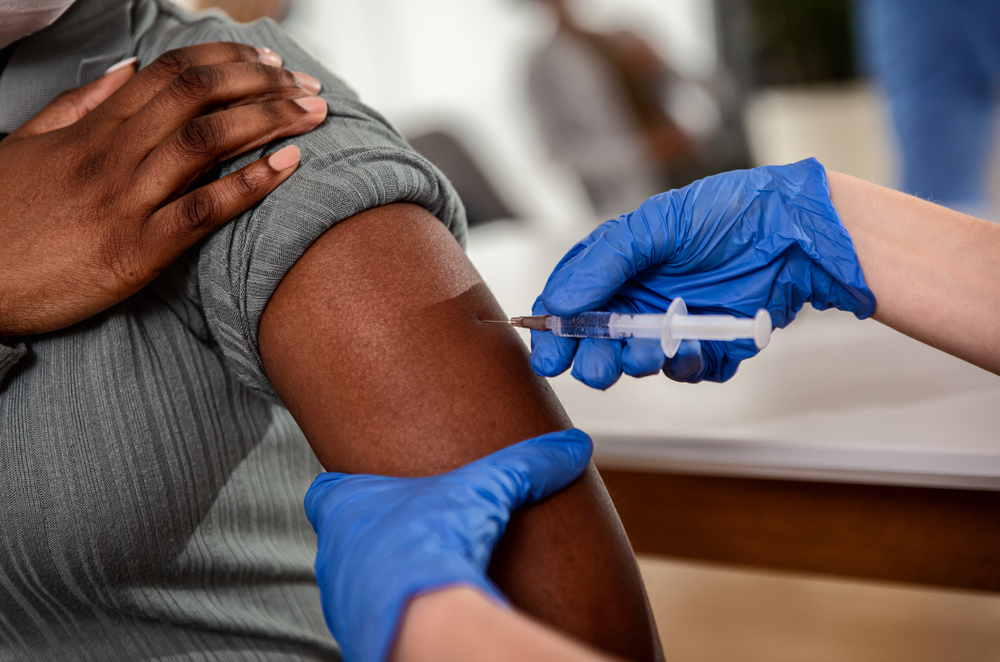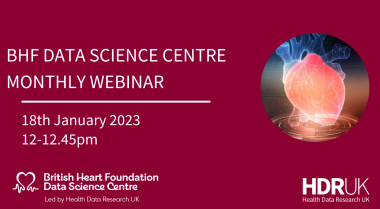COVID-19 hospital admissions and deaths after BNT162b2 and ChAdOx1 nCoV-19 vaccinations in 2·57 million people in Scotland (EAVE II): a prospective cohort study
20 December 2021

Overview
As vaccines were rolled out across the UK, the next step in combating COVID-19 was to establish their level of effectiveness and identify the groups most at risk from death or serious illness from breakthrough infections. This population level study carried out in Scotland provided policymakers and health services with the information they needed to protect the vulnerable.
The Challenge
No vaccine offers 100% protection and while clinical trials should provide strong evidence of their efficacy, it’s only once they are deployed that it is possible to get a full picture of how they perform, and who remains vulnerable. Gathering this information would be essential for ensuring that the rollout was as effective as possible in the UK (and could inform vaccination programmes overseas) and in helping identify what other measures were needed to protect the entire population. It would also provide valuable data for designing better future vaccines.
The Solution
An HDR UK-funded team including Dr Utkarsh Agrawal, Research Fellow in Health Data Science at the University of St Andrews, used Scotland’s EAVE II national surveillance platform to study the number and types of people who were hospitalised, or died, from COVID-19 after a first or second Pfizer or Astra Zeneca vaccination. Their research, published in Lancet Respiratory Medicine, covered December 2020 to April 2021.
Impact and outcomes
The paper shows that vaccines are highly effective with just one in 2,000 partially, and fewer than one in 10,000 fully, vaccinated people going on to suffer a serious case of COVID-19.
Of the 2.57 million who had received a first dose only 883 were admitted to hospital and 541 died within the study period. Of the 700,000 who had both doses just 39 had serious cases of COVID-19.
Men had a 25% higher risk of a serious breakthrough infection and the over 80s were five times more likely to have a severe case than the 18-64s.
Groups at particular risk included:
- Care home residents
- Those living in deprivation
- Current and ex-smokers
- People with underlying conditions such as asthma or diabetes
- Those who had recently been admitted to hospital
- High risk occupations – such as frontline health workers.
The research has influenced public health protection measures throughout the UK and could help other nations, especially low and middle income countries, to maximise the effectiveness of their approach to the pandemic.
Dr Agrawal said:
“The results are clear – vaccination works. It is very effective and saves lives. But no vaccine is bulletproof and the research also shows that we must follow government guidelines if we are to keep people as safe as possible.”
Patient and Public Involvement and Engagement
The research team has regular discussions with lay advisors who help guide their work.
Impact Committee
The HDR UK Impact Committee described this paper as world leading in originality, significance and rigour – and an exemplar of large scale data use in health research.
Contact
Dr Agrawal ua1@st-andrews.ac.uk



